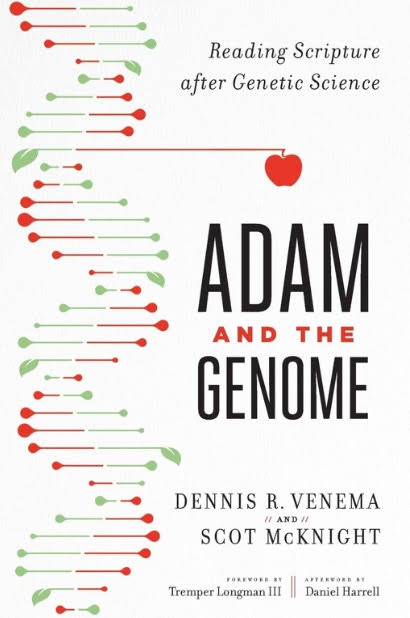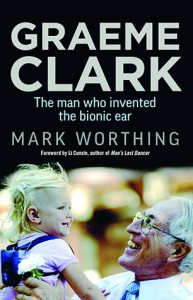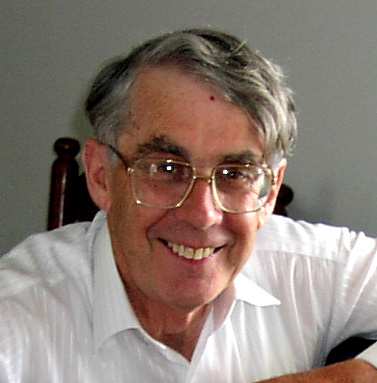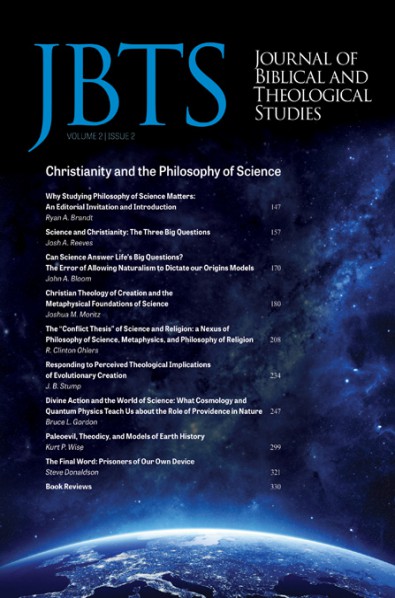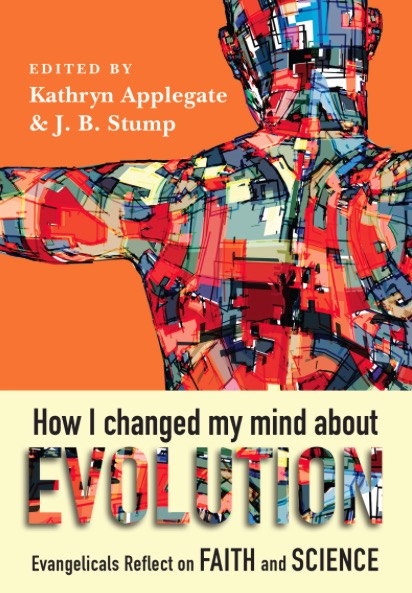


Work on human genome strengthened faith
John Pilbrow, February 2013
Download PDF
Work on human genome strengthened faith
John Pilbrow
Emeritus Professor of Physics, Monash University; Fellow of ISCAST.
This article first appeared in The Melbourne Anglican, April 2012 ,
p.20 and is reprinted with permission.
Key words
human genome project (HGP), faith, genetics, biology, cosmology, stem cells, atheism, young earth creationism, DNA language, science.
What is it about a lanky 61 year-old American, called Francis Collins, with a passion for riding motor bikes, composing songs and playing the guitar that warrants an article? In 2011 The New Republic magazine considered him the third most powerful, least famous person in Washington! Why? As Director of the US National Institutes of Health (NIH; annual budget >
$US30b) since 2009, he evokes more than passing interest because he is also an evangelical Christian who has participated in debates with atheists such as Richard Dawkins. From 1993-2008, as Director of the US Human Genome Research Institute, he also had the oversight of the International Human Genome Sequencing Consortium, one of the most significant international scientific projects ever undertaken (usually referred to as the Human Genome Project, HGP).
Collins is an eminent medical geneticist whose reputation was secured through contributing to development of chromosome jumping, a method that significantly speeded up searching for specific genes. This method enabled Collins and his group at the University of Michigan along with Canadian collaborators, to locate genes responsible for crippling diseases such as muscular dystrophy and Huntingdon’s disease.
In 1998 Celera, a private company, headed by geneticist Craig Venters, announced plans to sequence the entire human genome independently, providing a real test of Collins’s leadership of the HGP. Two years later, on 26 June 2000, in the East Room of the White House in the presence of President Bill Clinton, Collins and Venter announced that they had assembled a joint working draft of the entire human genome consisting of some three billion base pairs. The final version was released in 2003.
When President Obama nominated Collins as Director of the NIH, several politicians, certain prominent academics and some in the media expressed concern that Collins, as an evangelical Christian, might have wanted to maintain the Bush era restrictions on stem cell research! It appears that sensible boundaries for future research are now in place. Collins has handled controversies such as these with commendable forbearance and Christian grace — like his Master.
Given his high public profile and Christian convictions, Collins’s book, The language of God: a scientist presents evidence for belief (Collins 2006), not surprisingly has evoked a range of responses. Written in an easy-to- read style, it includes a bird’s-eye-view of modern science, ranging from cosmology to the deciphering of the entire human genome — God’s instruction book.
Raised on a North Carolina farm, Collins was home schooled until the age of 12. While doing his PhD in physical chemistry at Yale and aware that science could explain so much, there seemed to him, as an atheist at the time, no room for what he judged to be unthinking faith! A course of lectures on biochemistry opened his eyes to the living world and led to his decision to study medicine. On being confronted by dying patients, Collins was challenged to explore some of life’s big questions. Turning to Mere Christianity by CS Lewis, he began to find some of the answers. Like Lewis, his journey from atheism to a personal faith in Christ did not happen overnight.
In The language of God, Collins disputes atheist claims that science, and in particular, evolution, inevitably leads to atheism, contending that science is not the only way of knowing. Further, he refutes creationist arguments that suggest faith is opposed to science and also exposes weaknesses in arguments for intelligent design.
An unashamed evolutionist, Collins contends that,
No serious biologist today doubts the theory of evolution to explain the marvellous complexity and diversity of life. In fact, the relatedness of all species through the mechanism of evolution is such a profound foundation for the understanding of all biology that it is difficult to imagine how one would study life without it. Yet what area of scientific enquiry has generated more friction with religious perspectives than Darwin’s revolutionary insight? …through to today’s debates in the United States about the teaching of evolution in the schools, this battle shows no signs of ending.
Collins 2006 p. 99
It turns out that only about 2% of the human genome is involved in making us what we are. The remaining 98%, thought to be inactive, includes Ancient Repetitive Elements (ARE’s) about which Collins comments,
Unless one is willing to take the position that God has placed these decapitated AREs in these precise positions to confuse and mislead us, the conclusion of a common ancestor for humans and mice is virtually inescapable. This kind of recent genome data thus presents an overwhelming challenge to those who hold to the idea that all species were created ex nihilo.
Collins 2006 pp. 136-7
In spite of the evidence in support of evolution, Collins is deeply concerned about the impact of young earth creationism on young people, saying,
[It] does damage to faith, by demanding that belief in God requires assent to fundamentally flawed claims about the natural world. Young people brought up in homes and churches that insist on creationism sooner or later encounter the overwhelming scientific evidence in favour of an ancient universe and the relatedness of all living things through the process of evolution and natural selection. What a terrible and unnecessary choice they then face. To adhere to the faith of their childhood, they are required to reject a broad and rigorous body of scientific data, effectively committing intellectual suicide. Presented with no other alternative than creationism, is it any wonder that many of these young people turn away from the faith, concluding that they simply cannot believe in a God who would ask them to reject what science has so compellingly taught us about the natural world.
Collins 2006 pp. 177-9
As much of the science-faith debate in America is highly polarised, Collins founded BioLogos (logos = Word as in John 1.1), an organisation devoted to raising the level of the science-faith conversation (http://biologos.org/). He coined BioLogos as a way of affirming that God has endowed the living world with the capacity for diversity and ultimately intelligent life.
The basis of the harmony Collins seeks and also finds rests on the essential unity of truth. For those who believe in God, Collins argues ‘there are reasons now to be more in awe, not less’. (p 107). In so saying, he joins a large chorus of sensible and thoughtful scientists, theologians and philosophers such as Alister McGrath and John Polkinghorne.
Does Collins actually present watertight evidence for belief? Or are his arguments more about the conviction that the order and structure of physical reality are pointers to a Creator, but not in the end knock-down proofs for God’s existence? I believe he has succeeded in steering a middle way between the extremes represented by militant atheists at one end and creationists at the other.
Collins’s reflection on the HGP is particularly revealing.
For me, as a believer, the uncovering of the human genome sequence held additional significance. This book was written in the DNA language by which God spoke life into being. I felt an overwhelming sense of awe in surveying this most significant of all biological texts. Yes, it is written in a language we understand very poorly, and it will take decades, if not centuries, to understand its instructions, but we had crossed a one-way bridge into profound new territory.
Collins 2006 p. 123
The overriding theme of The language of God is well summed up in the final three sentences where Collins says,
Science is not threatened by God; it is enhanced. God is most certainly not threatened by science. He made it all possible. So let us together
seek to reclaim the solid ground of an intellectually and spiritually satisfying synthesis of all great truths…
Collins 2006 pp. 233-4
I share Collins’s concern as to why so many people seem upset at the idea that we have evolved. Since God entered the world in the person of Jesus Christ, our dignity is assured. More important than how we got here is the fact that God reaches out to us.
Reference
Collins, F, 2006, The language of God: a scientist presents evidence for belief, Free Press, New York USA.
